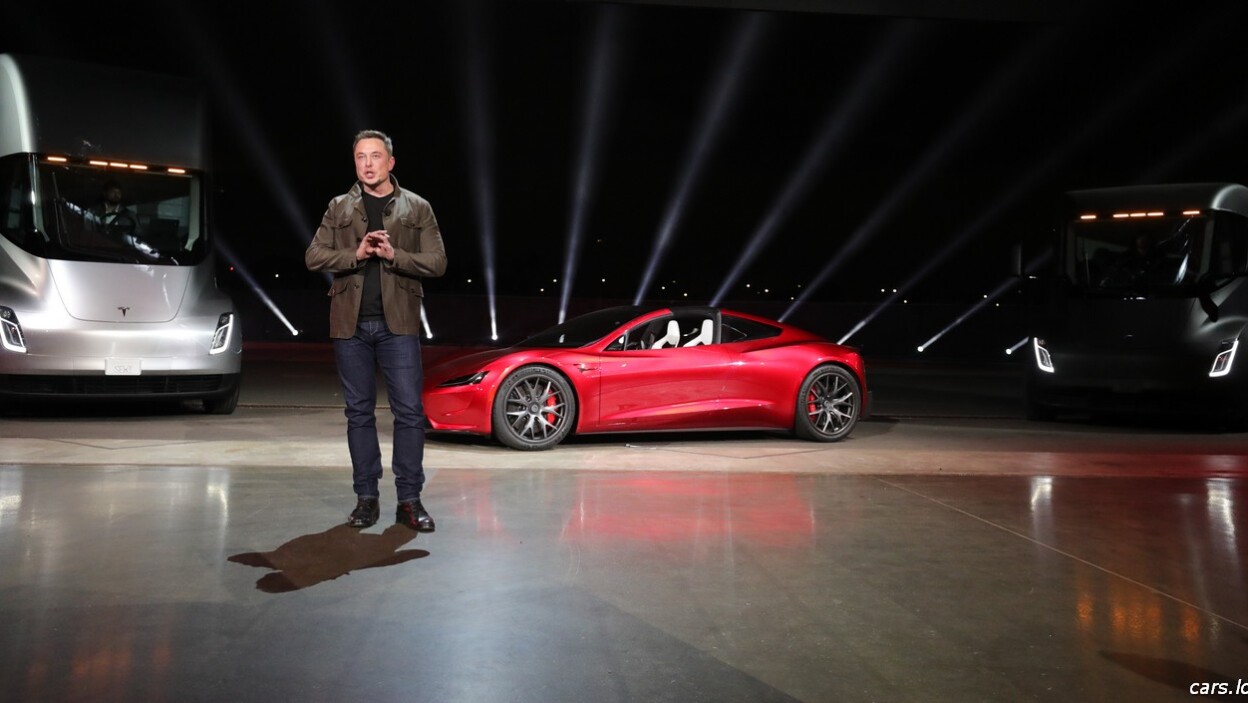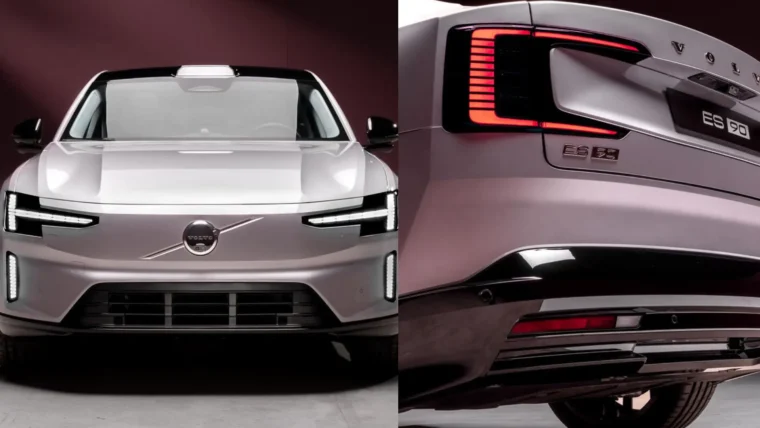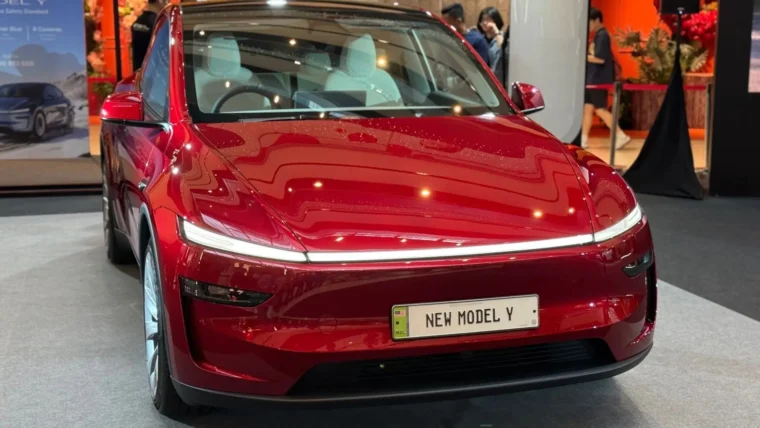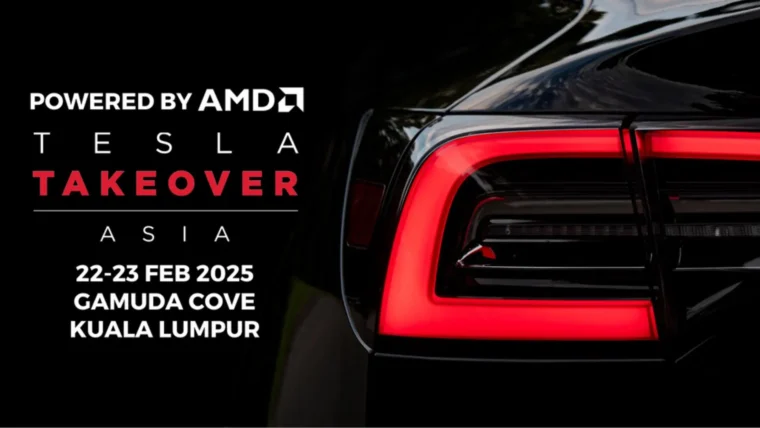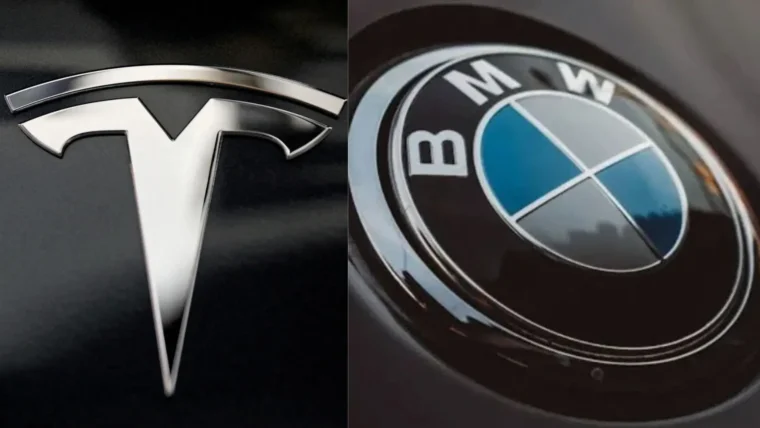Elon Musk, the CEO of Tesla has been at the forefront of many new innovations, from Tesla as a real competitor in the auto space with their fleet of electric cars and trucks to SpaceX, who managed to build a reusable rocket and many other things. Pushing that innovation to their already existing fleet of products is where Tesla hopes to achieve with their autopilot system. A system which aims to be the underlying technology for its self-driving or autonomous vehicle efforts.
Now imagine this, the computer power back in the 60s needed to calculate so many formulas which eventually led to a man on the moon had less power compared to the chips we have now in our smartphones. The same goes for all of the hardware required to power AI-driven software as well. Hardware needs to be optimised similarly to be able to efficiently calculate and process software without drawing too much power.

That is why Tesla is embarking on their own chips to drive the AI for their autopilot system. In an article by Wired, Musk said that the chips’ processing power would help Tesla’s Autopilot automated-driving function save more lives, more quickly, by hastening the day it can drive at least 10 times more safely than a human. That definitely makes sense especially when it comes to cars, the processing power of the computers which power the autopilot system shouldn’t also draw too much power from the batteries.

NVidia also recently launched the Titan V which is a graphics card which has been optimised for AI calculations. More and more chip makers are slowly going towards that area where specialised chips are made for specialised software. That is why automakers who are researching and working on autonomous vehicle software is actively seeking for partnerships with chip makers.
Other posts by Mark Leo

